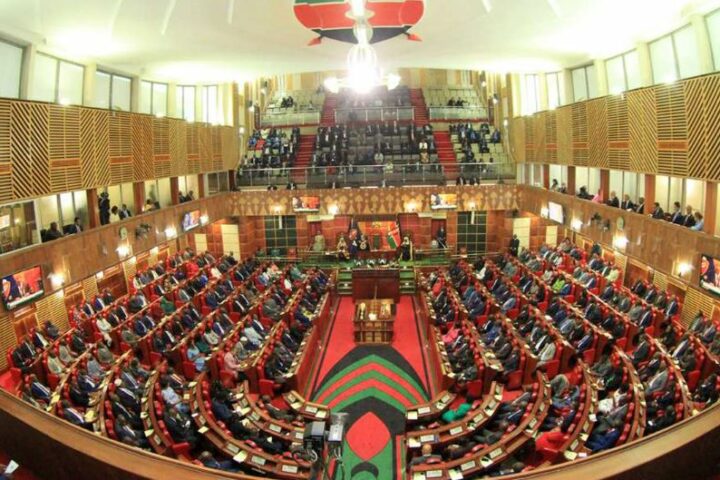 Salt prices in Kenya are expected to rise following a recent Supreme Court decision that dismissed a tax case filed by Krystalline Limited, a major salt manufacturer.
Salt prices in Kenya are expected to rise following a recent Supreme Court decision that dismissed a tax case filed by Krystalline Limited, a major salt manufacturer.
Supreme Court Judges Philomena Mwilu, Mohammed Ibrahim, Smokin Wanjala, and Isaac Lenaola unanimously ruled that the court lacked jurisdiction to hear Krystalline’s appeal. This appeal came after the Court of Appeal had ordered Krystalline to pay Kes.185 million for nearly ten years of salt mining without compensating the Water Resources Management Authority (WARMA).
The Court of Appeal, consisting of Judges Daniel Musinga, Hellen Omondi, and Ngenye Macharia, had upheld a ruling by Environment and Lands Court Judge Kossy Bor. This ruling mandated that salt companies pay for the seawater used in salt extraction.
Krystalline argued that the Kes.185 million payment order would cripple its operations. WARMA responded by requesting the court to require Krystalline to deposit Kes.100 million as security.
Krystalline’s CEO, Hasmita Patel, argued that paying the amount would force the company to shut down and sell its assets. However, WARMA countered that the sum was insignificant compared to the billions Krystalline earns from its salt business.
The water agency also noted that the case did not involve constitutional matters, a point the Supreme Court confirmed.
The Supreme Court ruled, “We hold that this court lacks jurisdiction to entertain the petition of appeal and the attendant application for stay of execution, dated March 11 and filed on March 15, 2024,” as stated by the bench led by the Deputy Chief Justice.
Currently, the average price of a kilogram of salt is Sh25, while a 250-gram packet costs Sh5. Historically, the price of salt has remained stable, but manufacturers are likely to pass on the increased costs to consumers following this decision.
Krystalline Salt Limited, similar to Kensalt, which faced a Kes.270 million demand, fought hard against the charges. Justice Bor dismissed Krystalline’s argument that water is a divine resource and ruled that the government has authority over all natural resources, including seawater.
“The Constitution enjoins the State to utilize the environment and natural resources for the benefit of the people of Kenya. This is the basis for the charges imposed by the State on water use and other resources,” Justice Bor stated.
WARMA’s demand required Krystalline to pay charges from 2007 to 2017, with annual interest of Kes.185,000.
Kensalt initially sought relief from High Judge Oscar Angote, but the judge dismissed the case before it could proceed to trial, siding with WARMA.








